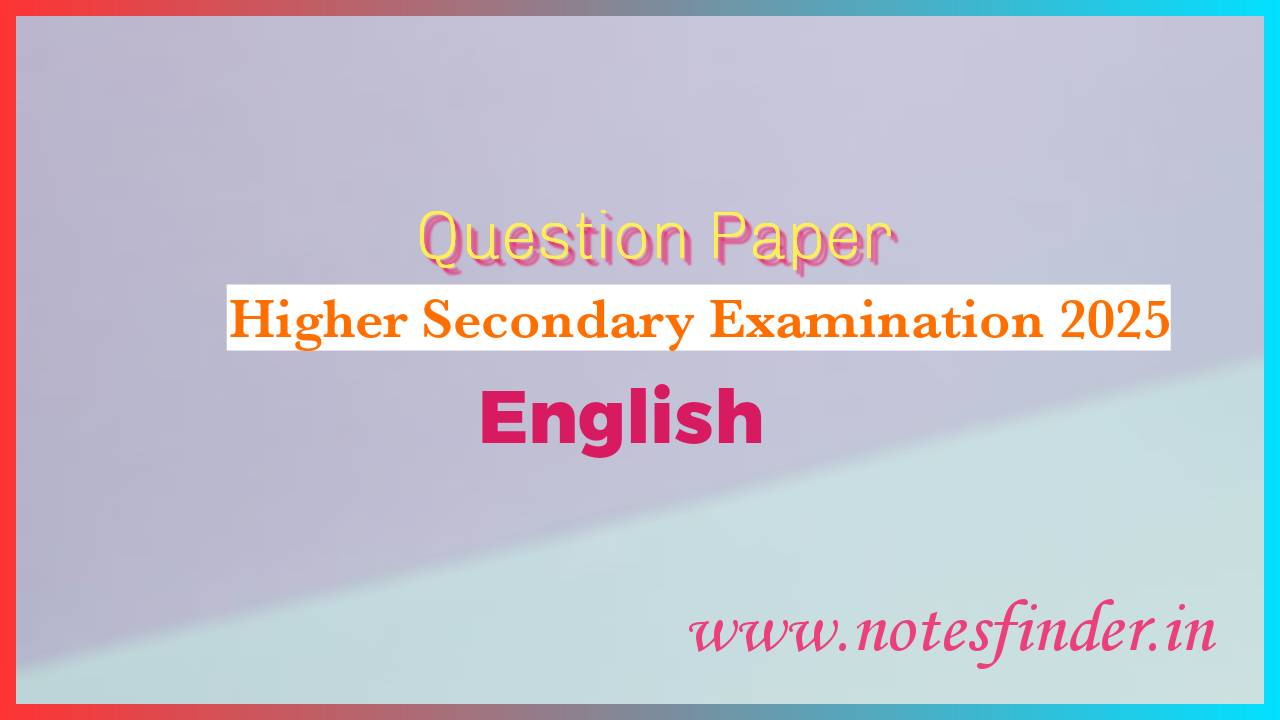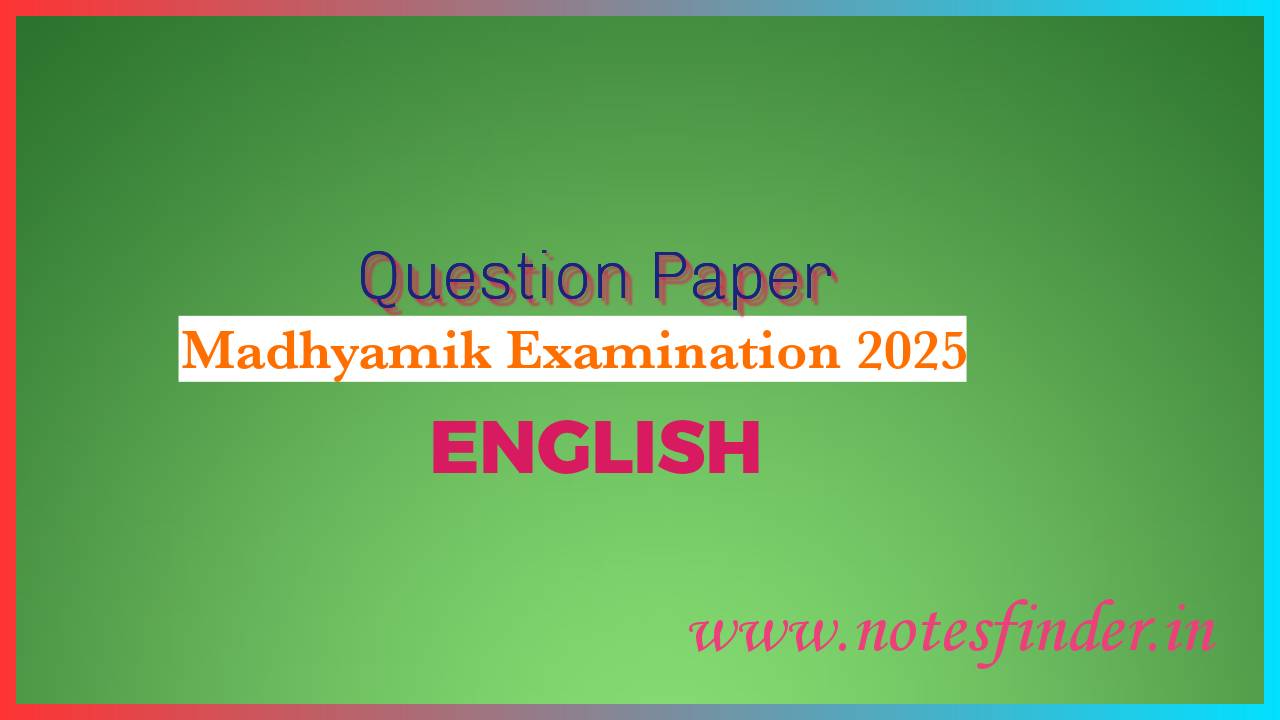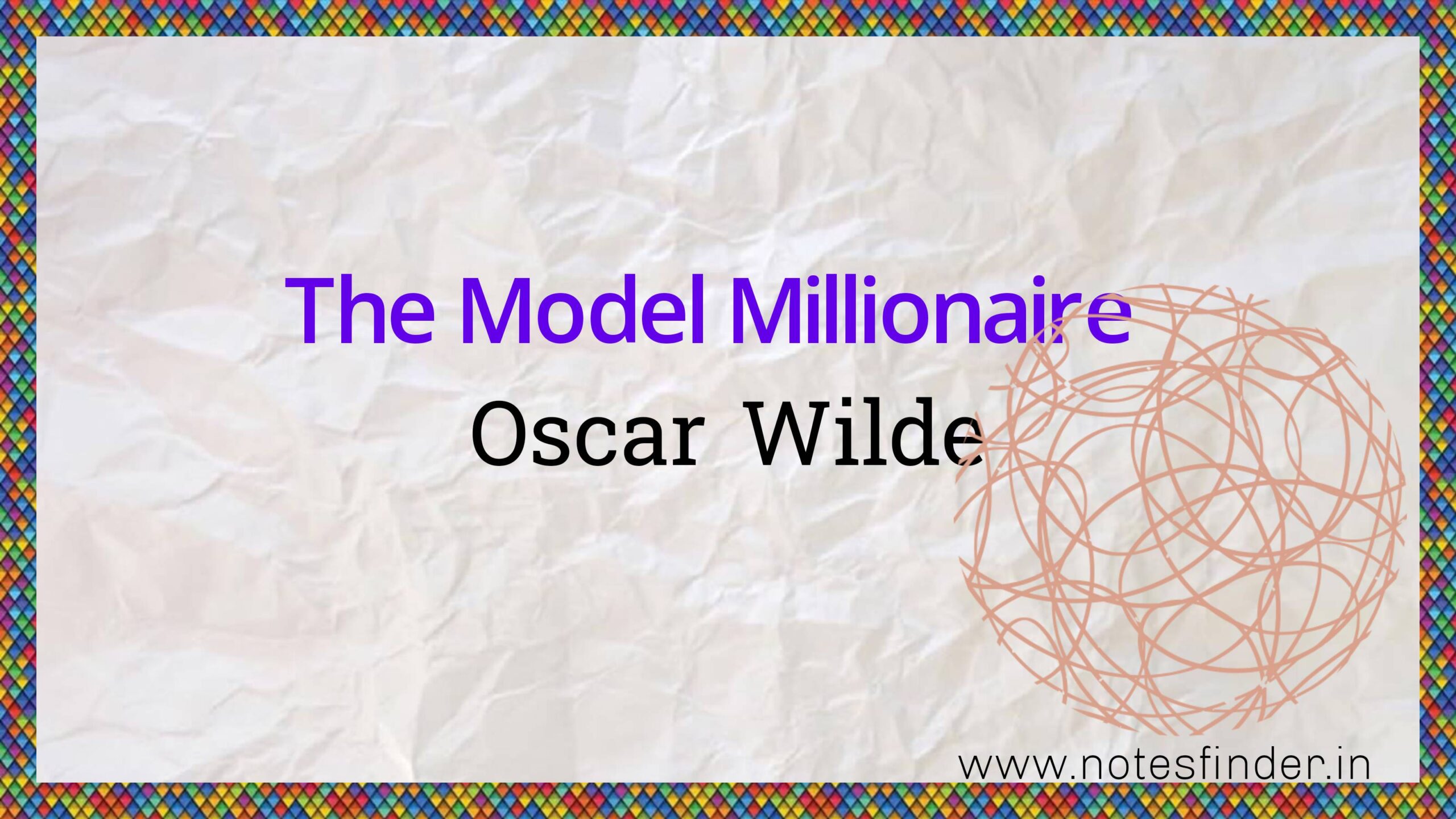1. Who is the poet of the poem ‘Brotherhood’?
Answer: Octavio Paz is the poet of the poem ‘Brotherhood’.
2. How does the poet introduce himself in the poem ‘Brotherhood’?
Answer: The poet introduces himself as a man in the poem ‘Brotherhood’.
3. What does the expression ‘Little do I last’ refer to?
Answer: By the expression ‘Little do I last’ Octavio Paz means that the lifespan of humans is transient.
4. How does the poet express the magnitude of the night in ‘Brotherhood’?
Answer: The poet expresses the magnitude of the night in ‘Brotherhood’ by calling it ‘enormous’.
5. How is the night in Brotherhood’?
Answer: The night is enormous.
6. What does the poet of ‘Brotherhood’ see when he looks up?
Answer: The poet of ‘Brotherhood’, Octavio Paz sees the stars that write the destiny of man when he looks up.
7. What do the stars write?
Answer: The stars write the destiny of man as a part of the universe.
8. What do the stars control in the poem ‘Brotherhood’?
Answer: The stars control the whole universe including man in the poem ‘Brotherhood’.
9. ‘Unknowing I understand’ – What does the poet understand?
Answer: The poet understands that he is also a part of the vast universe and he is predestined like all other things of the universe.
10. Who, according to Octavio Paz, writes the destiny of the man?
Answer: The almighty god or the reader of the poem ‘Brotherhood’ spells out the poet’s destiny.
11. What does the title ‘Brotherhood’ suggest?
Answer: The title ‘Brotherhood’ suggests the relationship among all elements in the whole universe.
12. Who was Claudius Ptolemy?
Answer: Claudius Ptolemy was an astronomer and mathematician who lived in Rome around 100 AD.
13. “And the night is enormous” -What does ‘night’ symbolize here?
Answer: The ‘night’ symbolizes death.
14. What do the stars write?
Answer: In the poem “Brotherhood” by Octavio Paz, the stars write the destiny of every human being.
15. Whom does the poet pay homage to in the poem “Brotherhood”?
Answer: In the poem “Brotherhood”, the poet Octavio Paz pays homage to the great astronomer Ptolemy.
16. Who is referred to as ‘I’ in the line “I too am written…”?
Answer: In the above-quoted line ‘I’ refers to the poet of the poem “Brotherhood”, Octavio Paz.
17. How many lines does the poem “Brotherhood” consist of?
Answer: The poem “Brotherhood” consists of eight lines.
Read More Leela's Friend - RK Narayan Multiple Choice Questions (MCQ) from Leela's Friend Short Answer Questions (SAQ) from Leela's Friend Long Answer Questions (LAQ) from Leela's Friend Karma - Khushwant Singh Multiple Choice Questions (MCQ) from Karma Short Answer Questions (SAQ) from Karma Long Answer Questions (LAQ) from Karma Jimmy Valentine - O. Henry Multiple Choice Questions (MCQ) from Jimmy Valentine Short Answer Questions (SAQ) from Jimmy Valentine Long Answer Questions (LAQ) from Jimmy Valentine Nobel Lecture - Mother Teresa Multiple Choice Questions (MCQ) from Nobel Lecture Short Answer Questions (SAQ) from Nobel Lecture Long Answer Questions (LAQ) from Nobel Lecture The Place of Art in Education - Nandalal Bose Multiple Choice Questions (MCQ) from The Place of Art in Education Short Answer Questions (SAQ) from The Place of Art in Education Long Answer Questions (LAQ) from The Place of Art in Education Composed Upon Westminster Bridge - William Wordsworth Multiple Choice Questions (MCQ) from Composed Upon Westminster Bridge Short Answer Questions (SAQ) from Composed Upon Westminster Bridge Long Answer Questions (LAQ) from Composed Upon Westminster Bridge Meeting at Night - Robert Browning Multiple Choice Questions (MCQ) from Meeting at Night Short Answer Questions (SAQ) from Meeting at Night Long Answer Questions (LAQ) from Meeting at Night The Sick Rose - William Blake Multiple Choice Questions (MCQ) from The Sick Rose Short Answer Questions (SAQ) from The Sick Rose Long Answer Questions (LAQ) from The Sick Rose Brotherhood - Octavio Paz Multiple Choice Questions (MCQ) from Brotherhood Short Answer Questions (SAQ) from Brotherhood Long Answer Questions (LAQ) from Brotherhood Daybreak - Henry Wadsworth Longfellow Multiple Choice Questions (MCQ) from Daybreak Short Answer Questions (SAQ) from Daybreak Long Answer Questions (LAQ) from Daybreak
Class XI English (Mindscapes)Textual Grammar
- Leela’s Friend – RK Narayan
- Voice Change from Leela’s Friend
- Narration Change from Leela’s Friend
- English Grammar (Do as Directed) from Leela’s Friend
- Karma – Khushwant Singh
- Voice Change from Karma
- Narration Change from Karma
- Transformation of Sentences(1) from Karma
- Transformation of Sentences (2) from Karma
- Jimmy Valentine – O. Henry
- Voice Change from Jimmy Valentine
- Narration Change from Jimmy Valentine
- Nobel Lecture – Mother Teresa
- Voice Change from Nobel Lecture
- Narration Change from Nobel Lecture
- Transformation of Sentences from Nobel Lecture
- The Place of Art in Education – Nandalal Bose
- Voice Change from The Place of Art in Education
- Transformation of Sentences from The Place of Art in Education
- Composed Upon Westminster Bridge – William Wordsworth
- Textual Grammar from Composed Upon Westminster Bridge
- Meeting at Night – Robert Browning
- Textual Grammar from Meeting at Night
- The Sick Rose – William Blake
- Textual Grammar from The Sick Rose
- Brotherhood – Octavio Paz
- Textual Grammar from Brotherhood
- Daybreak – Henry Wadsworth Longfellow
- Textual Grammar from Daybreak



